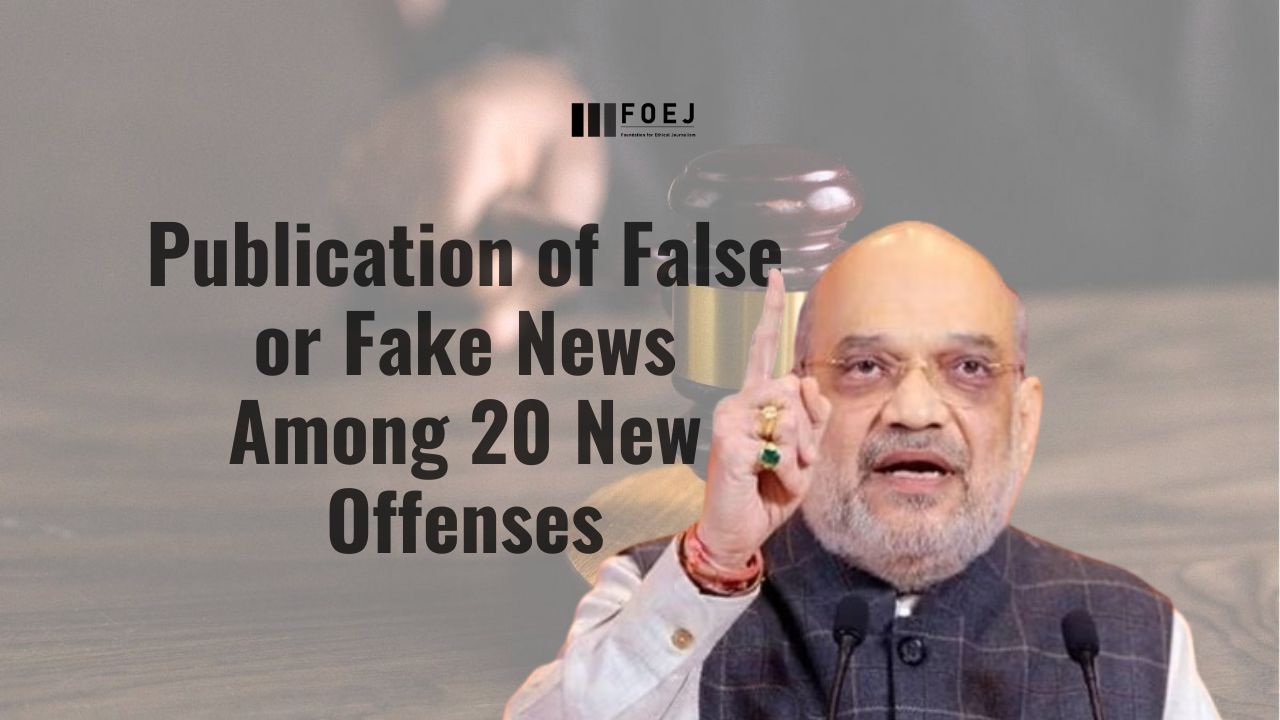The government announced on Saturday that three new criminal laws will take effect from July 1, replacing the country’s colonial-era legislations. The Bharatiya Nyaya (Second) Sanhita, Bharatiya Nagarik Suraksha (Second) Sanhita, and the Bharatiya Sakshya (Second) Bill will supplant the Indian Penal Code of 1860, Code of Criminal Procedure (CrPC) of 1973, and Indian Evidence Act of 1872. These laws, which were cleared by Parliament, received President Droupadi Murmu’s assent last December.
When Union Home Minister Amit Shah introduced these rules in Parliament the previous year, he stressed that they were centred around the welfare of the populace, Indian culture, and the Indian Constitution. He emphasised how they support the use of technology and how forensic science is given more weight in the legal, prosecution, and investigative procedures. After these rules are put into effect, Shah is confident that the Indian criminal justice system would be the most sophisticated in the world in five years.
Criminal laws have been significantly changed to reflect modern times in the Bharatiya Nyaya (Second) Sanhita, which is expected to replace the IPC. It broadens the concept of gender to encompass transgender people and provides “community service” as a penalty for minor thefts.
The Nyay Sanhita also incorporates 20 new offenses, such as organized crime, terrorist acts, mob lynching, hit-and-run incidents, sexual exploitation of women through deceit, snatching, abetment outside India, acts threatening the sovereignty, integrity, and unity of India, and dissemination of false or fake news.
These new rules include provisions for the death penalty in situations of mob lynching and minor rape, as well as an expansion of the concept of terrorism. In addition, the new law will no longer include attempts at suicide, adultery, or transgender interactions as crimes.
The sedition legislation has also been repealed and replaced with a new section that makes it illegal to do anything that jeopardizes India’s integrity, unity, or sovereignty.









